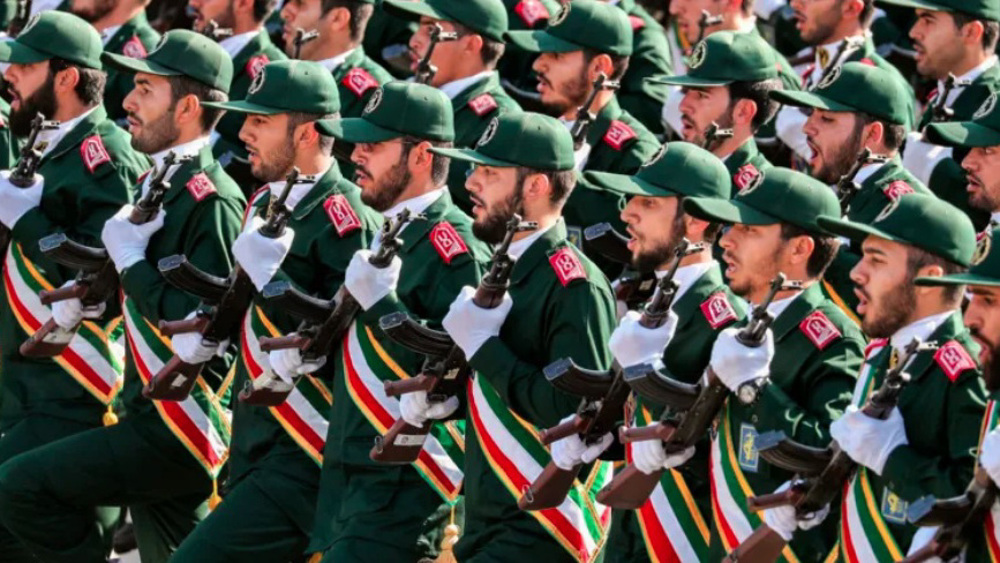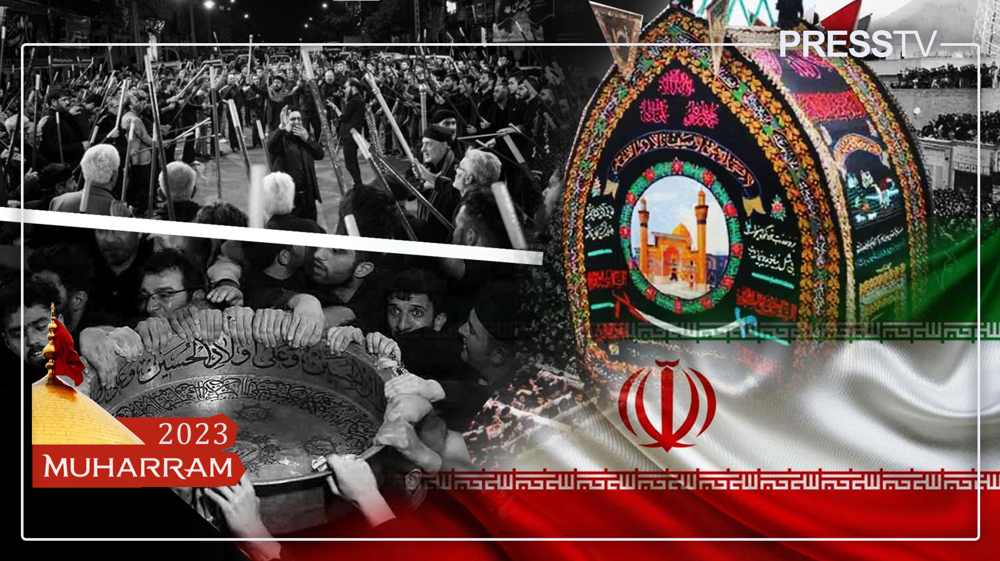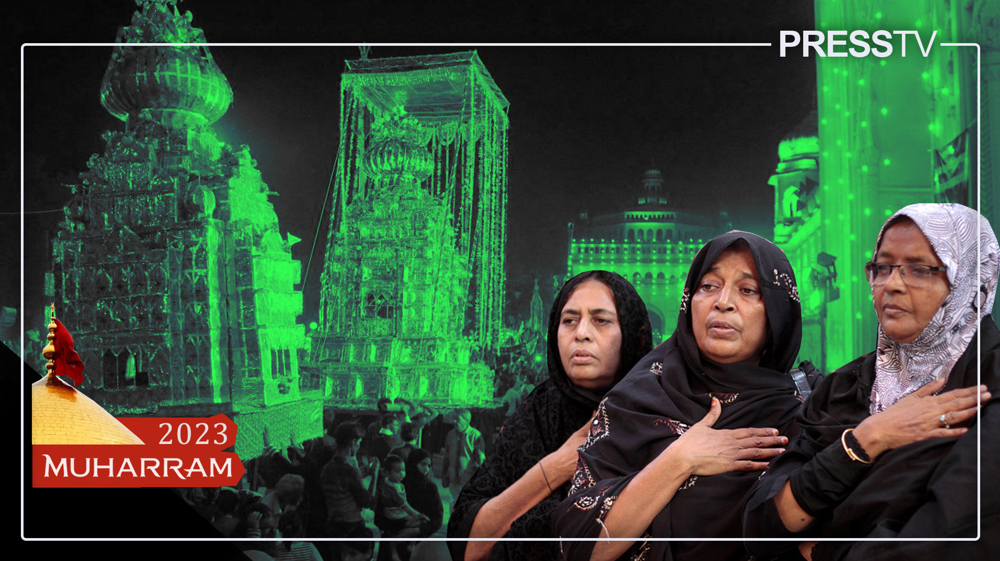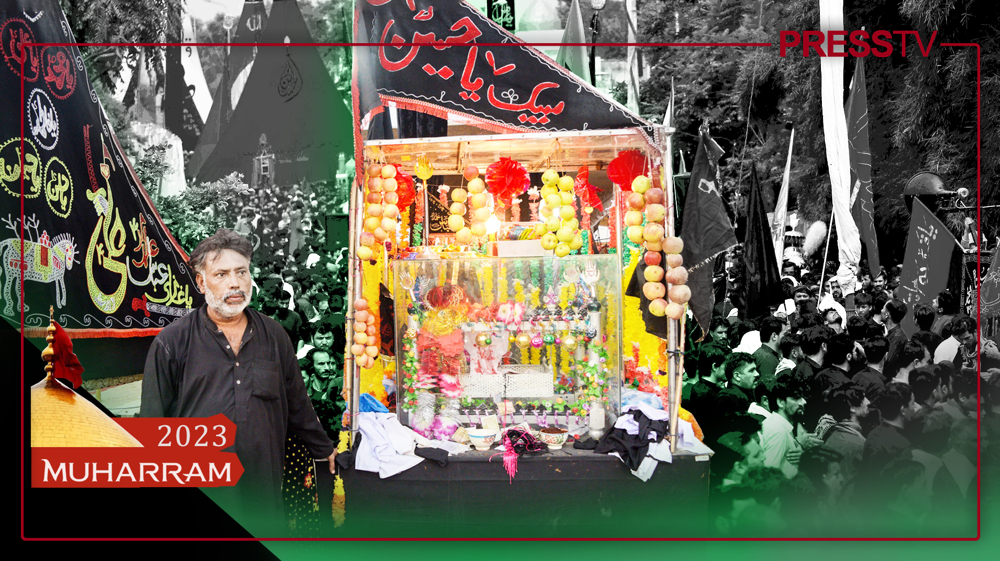Karbala's message of resisting tyranny resonates with Hindus too: Scholar
An Indian professor says Karbala's enduring message of resisting tyranny strikes a chord with not only Indian Muslims but Hindus and followers of other faiths as well.
Professor Balram Shukla, the Director of the Swami Vivekananda Cultural Centre in Tehran, made these remarks in an interview on Press TV's weekly show The Subcontinent, aired on Friday.
Shukla called Imam Hussain (AS) “the epitome of the struggle against tyranny and untruthfulness,” saying he is revered by people of different religious denominations, including Hindus.
“India is a syncretism of all cultures which you can find on the surface of Earth. A variety of cultures live together and maintain peace. And in this colorful India, one of the brightest colors, I think, is that of Muharram and that of Imam Hussain (AS)," Prof. Shukla said.
"In all parts of India, we find that Muharram is observed, mourning is observed, and people find themselves close to the imam and there’re many localized traditions which are not visible even in Iran or other parts of the world."
Shukla, a Hindu, also spoke about his personal experience of observing Muharram commemorations, which are part of the rich cultural heritage of India and an example of interfaith harmony.
“I’m from the city of Gorakhpur in the (northern Indian) state of Uttar Pradesh, and there is an Imambara (Hosseniyah). Imambara is a specific place for mourning Imam Hussain’s (AS) martyrdom," he stated, adding that people of all religions go there and "mourn for Imam, observe the mourning and Tazia (a recreation of the scenes of Karbala)."
"During my childhood, we used to be there for ceremonies in which scholars recounted the events of Karbala. We didn't even know who Imam was. We didn't know that he belonged to an Arab country. We thought that he was from our village. So people always feel this emotional proximity to Imam Hussain (AS).”
He said Indian people from various religious backgrounds understand the message of Karbala, which is fighting injustice and standing on the right side of history.
The Indian cultural house director said that at various places in mainland India, Hindu families have been holding Tazia processions for hundreds of years, believing that Imam Hussain (AS), as an embodiment of piety, courage, and sacrifice, and someone who belongs to the whole of mankind.
“Karbala was an event which could transcend the locality, the geography, the ethnicity, even the religion, even Islam. This is not something exclusive to Muslims. All human beings of each and every ethnicity find themselves close to imam because of the special message that Karbala sends,” he said.
“Karbala sends the message that even if you seem to be small, even if you seem to be weak, you should not give up the side of truth, and ultimately you will triumph. You will win. Your enemy, which is untruthful, might seem to be invincible. But he is not invincible because he is not on the side of truth. So being true and struggling for truth is the message which influences all the humanity, despite the differences of ethnicity, religion, and borders."
On why Imam Hussain (AS) is so popular in Hindu-majority South Asian country, he said the Indian people’s love for Prophet Mohammad’s (PBUH) grandson has its roots in India’s history and its eastern culture that has been intertwined with the Islamic culture for centuries.
He hastened to add that many books and poems have been written about the third Shia imam by Hindu scholars and poets over the centuries.
“There are many causes why Muharram is so popular in India. The first thing is that it is a national holiday in India, though Muslims are not in such large numbers as Hindus. Shias are very less than that, among all Muslims. Still, we have a national holiday, and everyone wants to know what the Muharram is,” he said, referring to Ashura being the national holiday in India.
“Many Hindu poets have composed poetry and poetic recitations called Nohas and Marsiya about Imam Hussain. A great scholar named Dharmendra Nath has collected the plethora of writings of Hindus about the Imam in a great voluminous book called Mourning of Imam Hussain," Prof. Shukla said.
"Notably, famed Indian author Munshi Premchand, who is called the emperor of Hindi and Urdu novelists, has written a very renowned drama about Karbala which is also named Karbala. It has been translated into several languages. These show how much this movement is universal. It does not only belong to Indian Muslims or Shia but all the sects in India."
The Indian professor of Persian language and literature said India's independence hero Mahatma Gandhi was also hugely influenced by Imam Hussain and his fight against oppression, likening his battle against British colonialism to Imam Hussain’s fight against the Umayyad ruler Yazid.
“Mahatma Gandhi was very much influenced by Prophet Muhammad (PBUH) and his grandsons. The fact is that the movement of Gandhi and the movement of Imam Hussain were very much similar. Imam Hussain bravely stood against Yazid, despite the fact the odds of him overcoming Yazid were low," he remarked.
"For Gandhi, the tyrants, which were the British, seemed to be invincible in those days. No one thought that these armless people can do something bad to the British army. But Gandhi believed in truth and stood on the side of truth and he could do what all of the armies could not do. So, his battle was similar to that of Imam Hussein, who with his few followers did something that even now that hundreds of years have passed since his martyrdom, we curse his enemies."
VIDEO | 3,000 bodies of Palestinians ‘evaporated’ as Israel used banned weapons in Gaza
Iran says political pressure cannot undermine its ‘inalienable’ enrichment right
Former Trump adviser Bannon plotted with Epstein to 'take down' Pope Francis
China warns US against ‘plotting’ on Taiwan, says it risks confrontation
VIDEO | Zionist takeover of UK police
VIDEO | Trump-Netanyahu meeting
Iran’s shortest rail route between China and Europe
'Shameful': Hamas decries Western systemic campaign against UN expert Albanese














 This makes it easy to access the Press TV website
This makes it easy to access the Press TV website